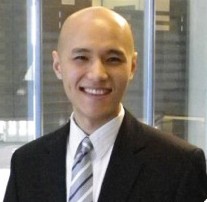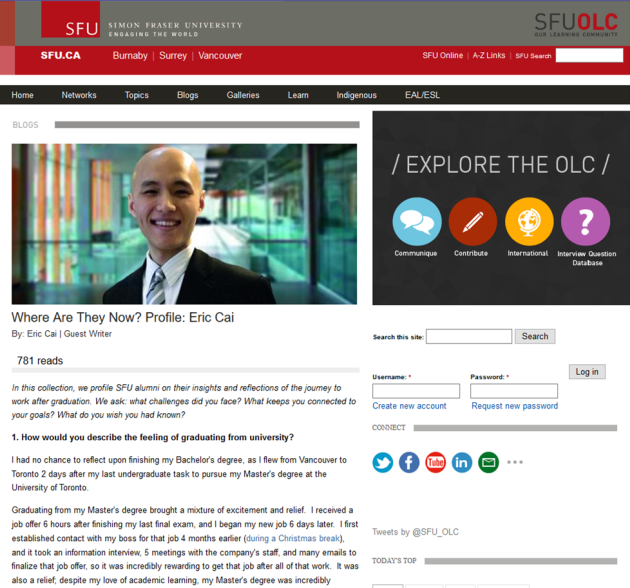Include a professional photo of yourself in business attire in your LinkedIn profile
June 22, 2018 Leave a comment
One of the easiest ways to polish your LinkedIn profile is posting a photo of yourself in business attire. I strongly encourage every LinkedIn user to spend several hours to take at least 100 such photos of yourself. Ask a friend or family member to take these photographs, if they would be so kind and willing to do so. Alternatively, you can hire a professional photographer. After this session, you will have a large stock of photos that you can use for various purposes.
Position yourself with many backgrounds, and take those photos from many angles. You should always look straight into the camera, smile, and maintain an upright posture. Here is what my LinkedIn profile looks like.

When you build a professional network and an online brand, people need to know who you are and what you look like. When they meet you in person, your photo allows them to visually connect you with the online profile that they saw on LinkedIn.
This is especially crucial for people with common names; showing your photo allows others to easily distinguish you from others who share your name. It turns out that there is another person named Eric Cai who works as a data scientist! Not only do we share the same name, but we also have the same profession. Without photographs, it would be quite difficult to distinguish between us in a professional setting.
Common Mistakes
I recently spoke at the Canadian Statistics Student Conference and at the University of Toronto’s Biostatistics Research Day, and I talked about this with students at both events. Here are the common mistakes that I see in LinkedIn profile photos, and I urge you to avoid all of them.
- Not having a profile photo
- Not wearing professional attire
- Not smiling
- Covering your eyes with sunglasses
- Looking away from the camera
Remember: This photo is for your professional branding, and your future employers or clients will look at it. It is not for Facebook, Tinder, Grindr, or other social networks that are personal in nature. Do not try to be cute, funny, sexy, or controversial – be professional.









Recent Comments